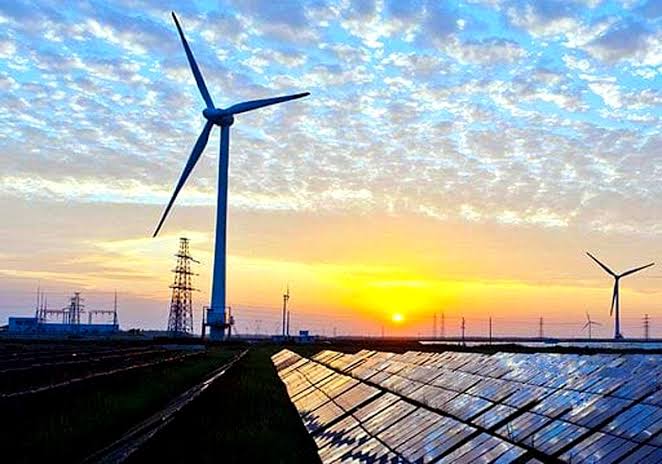PwC Africa Oil and Gas Industry leader, Pedro Omontuemhen said: “the energy sector in Africa is diverse and characterised by different demands and needs in each country. While the energy journey for each country may be different, an overall perspective is needed on common issues in the bid to reduce the energy deficit on the continent. While the importance of global decarbonisation and a sustainable planet is foremost, the journey to achieve net zero is clearly highlighting the risk of further entrenching economic winners and losers.”
The company stated that “Investment in low-carbon energy systems in Africa lags global pace, but despite global climate finance commitments from developed economies aimed at $100 billion per annum, the allocation to Africa falls significantly short of what the continent requires to meet global targets.
“The fiscal constraints being experienced across Africa create a challenge for the continent to move with pace on its net-zero journey. Private partnerships, public-private partnerships (PPPs) and blended finance are becoming increasingly important and will need to be deployed together with strong public sector governance and innovative financing instruments to overcome these challenges.”
Also, director, Energy Strategy and Infrastructure of PwC, James Mackay stated that ensuring a sustainable planet is not a cost-benefit assessment, saying that Africa must carefully consider the economic impact of a transition away from fossil fuels and associated revenues in context of the affordable pace of development and growth of the renewable energy sector.
According to him, more than a third of African nations are very dependent on fossil fuel commodities for state revenue, foreign currency reserves and local economic activity. An unfunded and rapid shutdown of this sector would place significant fiscal strain and hardship on Africa.
” On the other hand, too slow a transition may see Africa lag global markets and emissions reductions targets. Developed economies must play an active role in Africa to ensure a global win-win outcome.”
Mackay further said that “There is no doubt that the energy transition in Africa will be a complex journey. The global energy transition must prioritise the planet and all nations rather than identifying winners and losers.
“Africa will have no choice but to adapt to this new world, but to avoid a growing ‘fault line’ between the developed and the developing world, greater focus on equitable policy, markets and investment is clearly required.”



